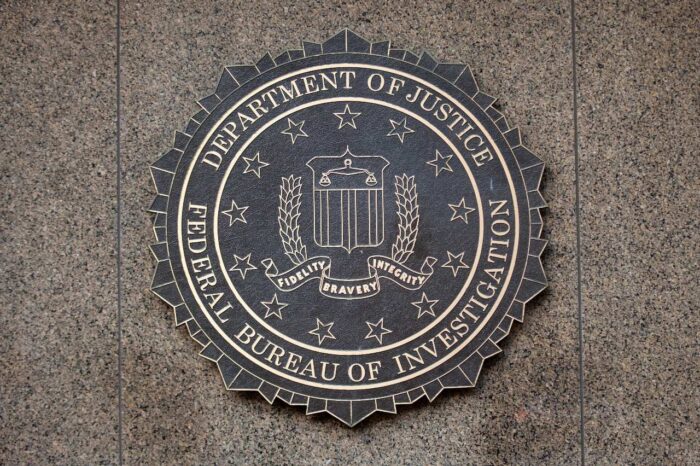Top Class Actions’s website and social media posts use affiliate links. If you make a purchase using such links, we may receive a commission, but it will not result in any additional charges to you. Please review our Affiliate Link Disclosure for more information.

FBI QR Code Scammers Warning Overview:
- Who: The FBI issued a warning to Americans about the safety of QR codes commonly used by restaurants and businesses.
- Why: Cyber criminals have been using malicious QR codes to attempt to steal personal and financial information and trick individuals into making payments to them.
- Where: The warning went out to Americans nationwide.
QR codes commonly used by restaurants and businesses during the pandemic are now being used by cybercriminals attempting to steal financial information, according to the FBI.
Scammers have been using fraudulent QR codes to direct unsuspecting individuals to websites which attempt to hijack payments and steal their information, the FBI warned in an announcement on Jan. 18.
“Cybercriminals tamper with both digital and physical QR codes to replace legitimate codes with malicious codes,” the FBI said. “A victim scans what they think to be a legitimate code but the tampered code directs victims to a malicious site, which prompts them to enter login and financial information.”
Once they gain access to this information, scammers are able to potentially steal funds, according to the FBI.
Malicious QR codes may also be able to hack into an individual’s phone or device in order to steal personal and financial information, as well as location details.
Cybercriminals ‘Can Leverage’ Stolen Information, FBI Warns
“The cybercriminal can leverage the stolen financial information to withdraw funds from victim accounts,” the FBI said.
The FBI is advising consumers to be cautious when providing payment through a site they were directed to via a QR code, however the agency reassures that QR codes are not “malicious in nature.”
Tips for consumers to protect themselves from falling victim to malicious QR codes include ensuring the physical condition of the sticker the code is on and not downloading any apps off of a QR code, according to the FBI.
“Do not download a QR code scanner app. This increases your risk of downloading malware onto your device. Most phones have a built-in scanner through the camera app,” the FBI said.
The FBI also recommends calling a business directly if they reach out to inform that there has been an issue with payment and to avoid making payments through a site reached from a QR code instead entering the address manually.
Last July, the Third Circuit revived a class action lawsuit that argued QR codes placed on envelopes by debt collector Healthcare Revenue Recovery Group LLC violated the Fair Debt Collections Practice Act.
Have you been the victim of a malicious QR code? Let us know in the comments!
Don’t Miss Out!
Check out our list of Class Action Lawsuits and Class Action Settlements you may qualify to join!
Read About More Class Action Lawsuits & Class Action Settlements:
- Lawsuit Alleging Walmart Didn’t Pay Staff for Temperature Checks ‘Not Specific Enough,’ Judge Says
- McDonald’s Should Face Voice Data Privacy Lawsuit, Class Action Plaintiff Argues
- NCAA Can’t Shake Class Action Arguing College Athletes Should Be Paid
- McDelivery Customers Serve McDonald’s Class Action Lawsuit After Data Breach














